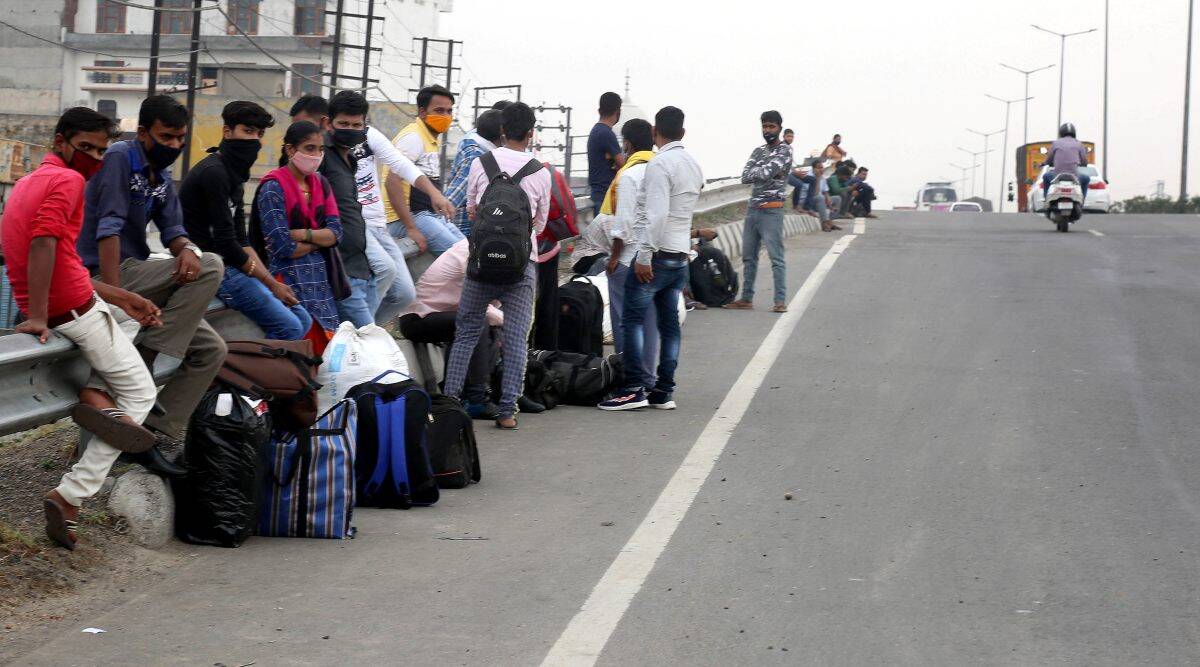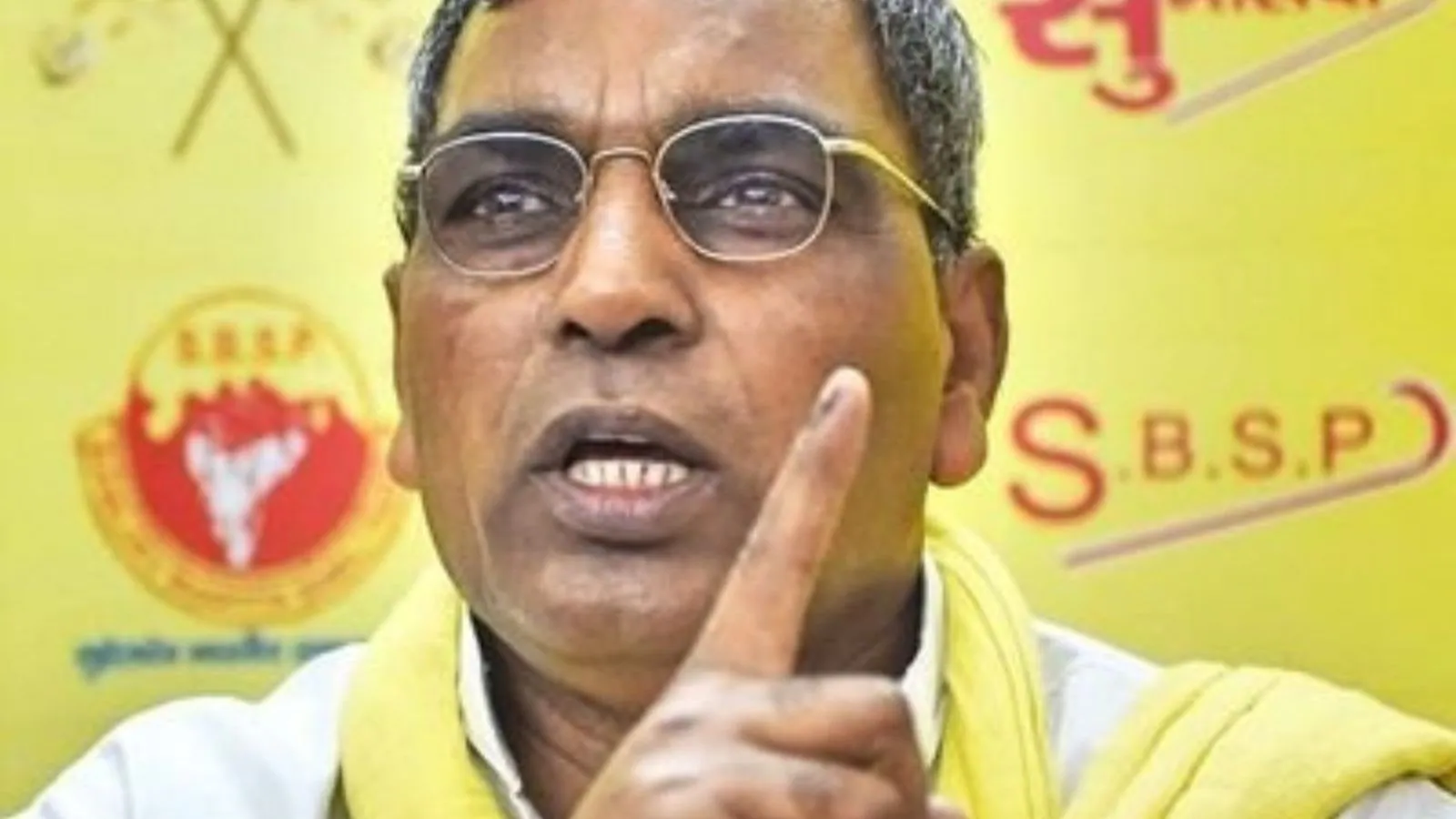With Covid-19 lockdowns and related restrictions back in many parts of the country, the livelihood of informal workers, especially migrants, has been hit yet again, a recent study found.
The study, by voluntary researchers at the Stranded Workers Action Network (SWAN), indicated that the vulnerabilities experienced by migrant workers during the nationwide lockdown in 2020 have resurfaced this year as well.
“As many as 81 per cent of the workers who are either still stranded or are in their homes stated that work had stopped due to locally declared lockdowns/ restrictions. On average, workers have said that work had stopped for 19 days,” SWAN found. The report also noted that 68 per cent of the workers said that they had received their full or partial wages for the previous month.
Members of the network told Indianexpress.com that observations on the workers’ conditions were noted down based on the volunteers’ conversations with them since April 21 this year. “While we received calls from across the country, many were from workers in states like Delhi, Maharashtra, and Uttar Pradesh,” Seema Mundoli, a member of the network said.
She added that only a mere 18 per cent of the workers to whom the team spoke to had received any money from their employer since work was halted again due to the restrictions. “Some workers have returned to their native villages, while others were unsure about whether they should go back or wait for work to resume. The inflated cost of travel has deterred many workers,” she said.
For instance, a family from Bengaluru in Karnataka told the team that they had had no earnings for 10 days prior to the lockdown (which is in place since April 27) and were extremely worried about how they would tide over the 14-day lockdown period.
In another instance, Mundoli added, a worker who had returned to his home in Giridih, Jharkhand, fearing a lockdown in Mumbai, had been earning some money ironing clothes. “However, he said he was prompted to leave when business reduced as cases started rising in the city. He had a large family to take care of and was worried about how he would manage if a lockdown was imposed,” she said.
While unemployment, disrupted work and intermittent or unpaid wages are among major concerns, the Network also observed that a continued failure of social security measures such as ration cards and accessing the Mahatma Gandhi National Rural Employment Guarantee Scheme (MGNREGA) was another common distress point.
Highlighting this, Rajendran Narayanan, who also teaches at the Azim Premji University, told Indianexpress.com that the government should ensure the extension of free ration coverage as part of Prime Minister Garib Kalyan Anna Yojana (PMGKAY) to migrant workers. “The government must also ensure that every primary employer strictly adheres to paying the wages to their contractors and the workers. For this, the Labour Ministry should immediately issue an order demanding payment of wages by employers even during lockdowns/curfews,” he urged.
‘Wage compensation of Rs 7000 is essential’
SWAN, initially launched to suggest policy recommendations and to document the experiences of migrant workers last year, further urged the Union government to provide a wage compensation of Rs 7,000 for the next three months to all priority households and migrant workers to help them tide over the unfolding crisis.
“We also recommend that orders must be issued to ensure tenants are not evicted by landlords due to the inability to pay rent, like last year. Vaccination should be prioritised for migrant workers returning to their home states,” members of the Network added.
Among other volunteers involved in the process were Anindita Adhikari, Zil Gala, Nitish Kumar, Prakhar Manas, Gayatri Sahgal, and Tarangini Sriraman from SWAN.




